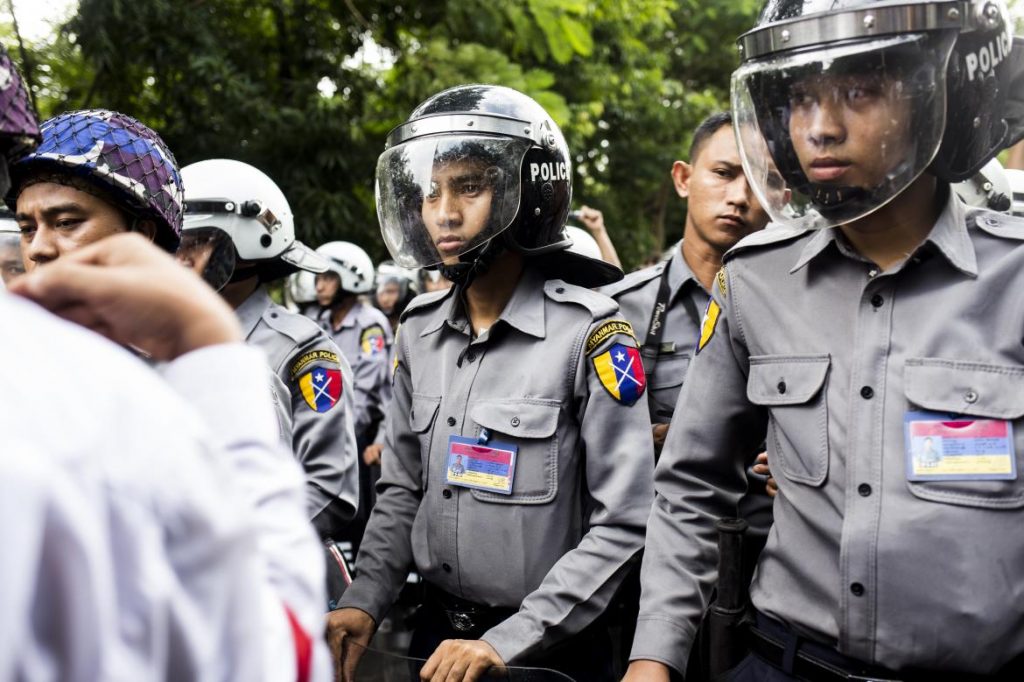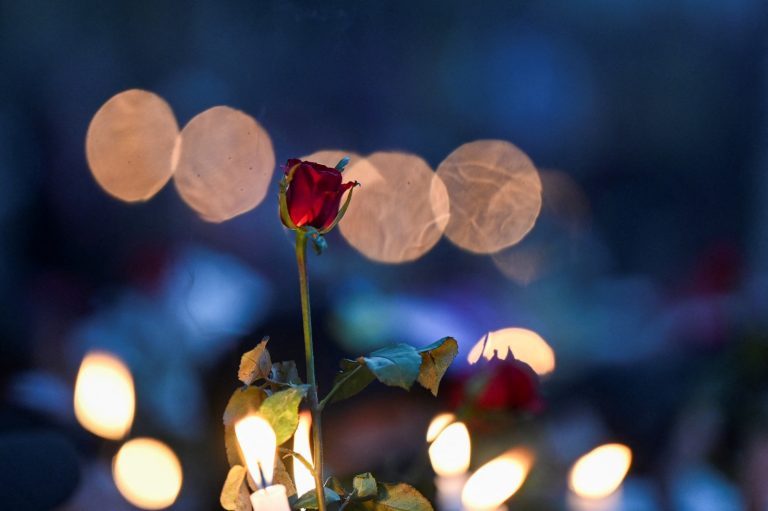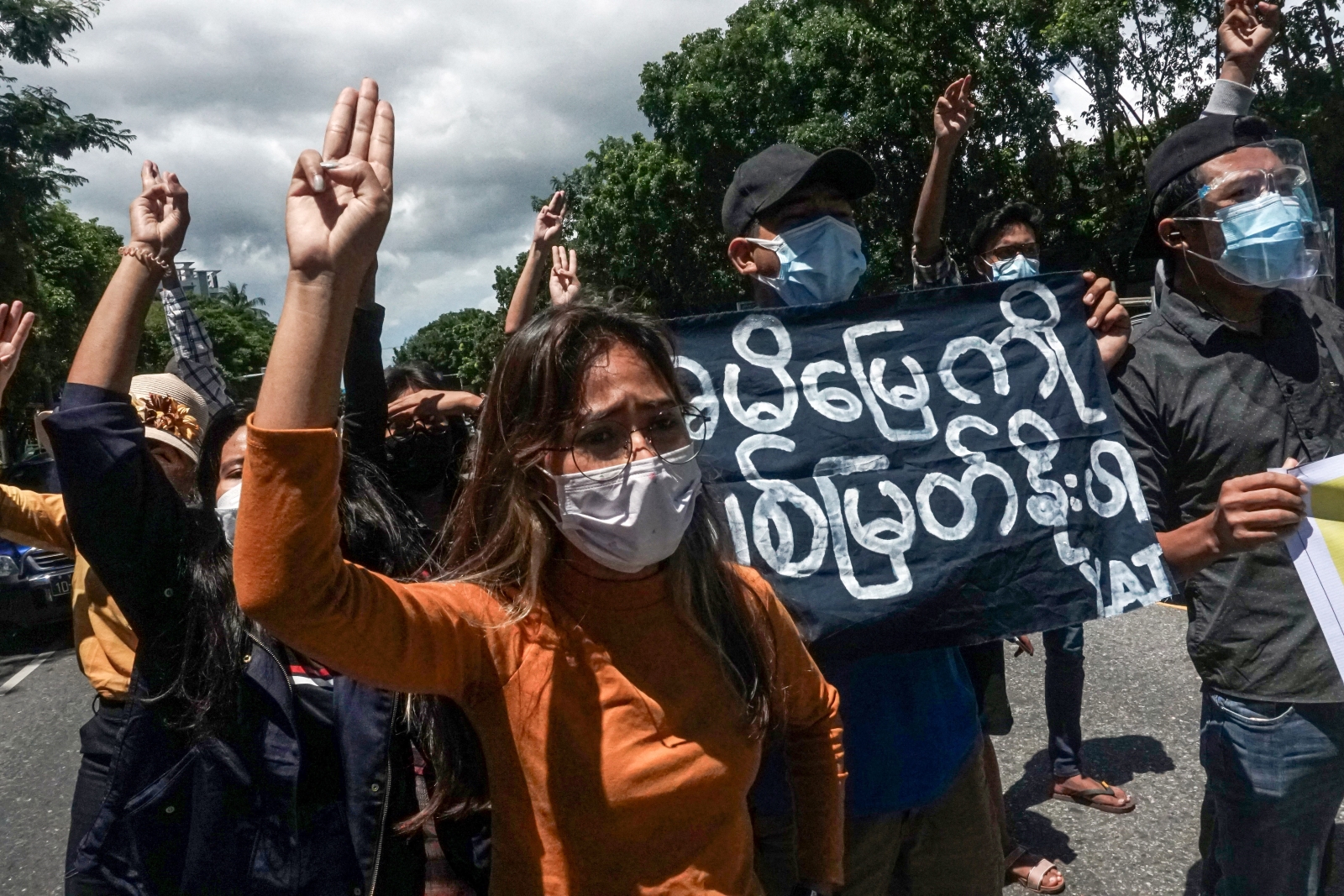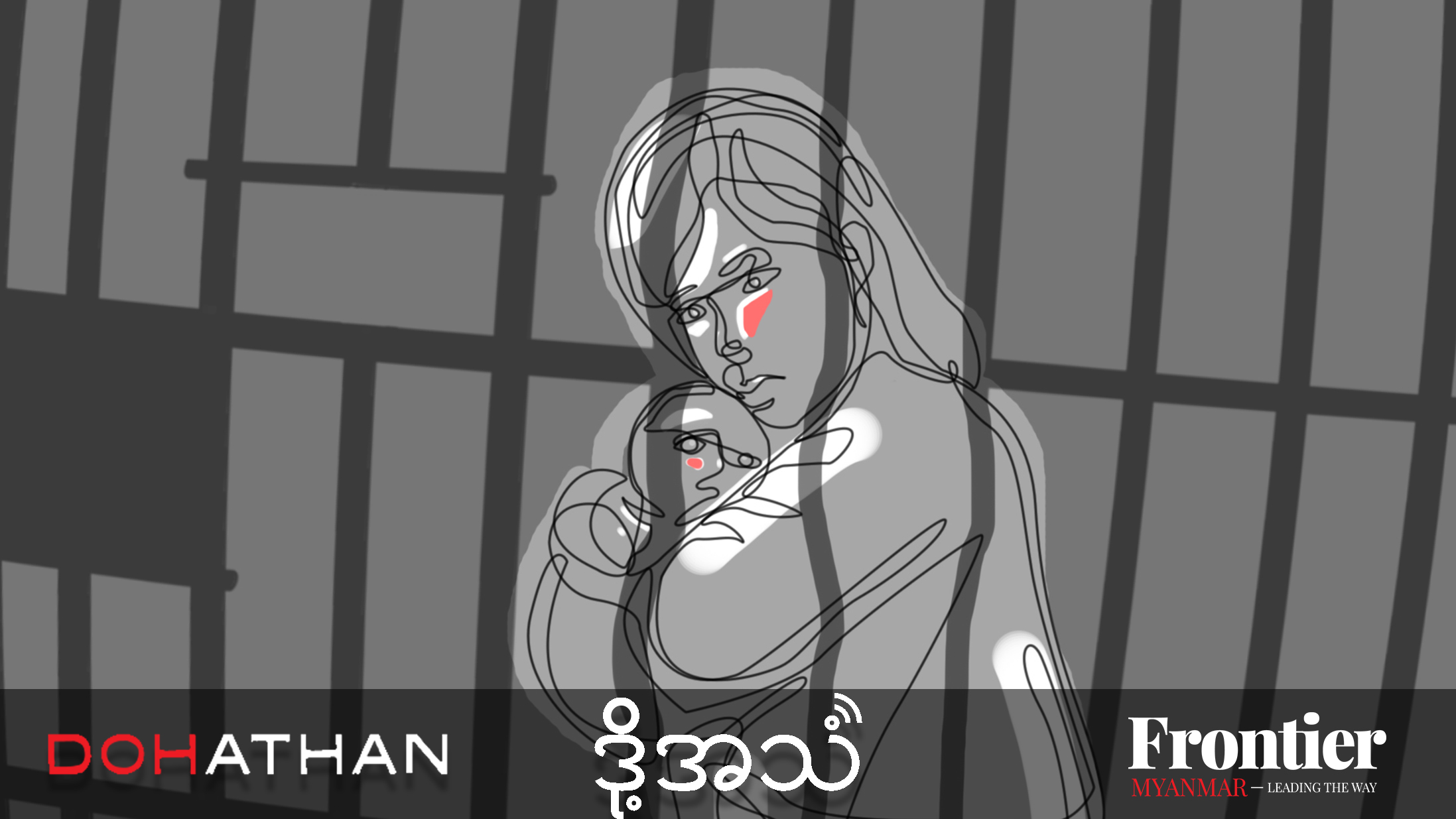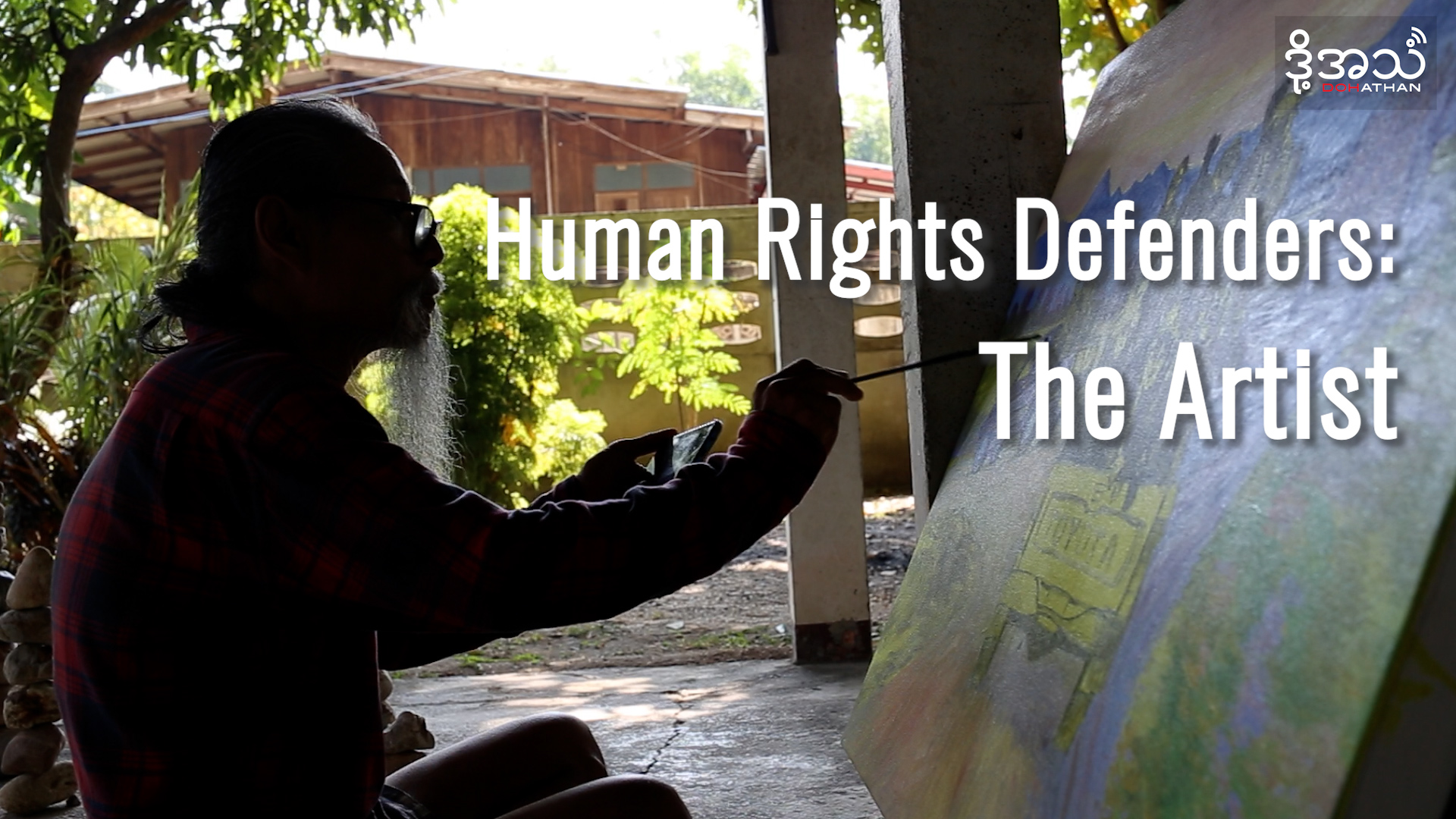By FRONTIER
YANGON – Amnesty International has urged the National League for Democracy to go much further on planned changes to the Peaceful Assembly Law, warning proposed amendments could result in more activists being imprisoned.
The rights watchdog said in an open letter to the speakers of the two parliaments – which are both controlled by the NLD – that while it welcomed efforts to review the law, changes should respect and protect the rights to freedom of expression and peaceful assembly.
Changes proposed to date would potentially leave protesters “at risk of arrest and imprisonment simply for the peaceful exercise of their rights”, Amnesty said.
It also called for a “transparent consultation and discussion process”, and urged the parliament to give the public adequate time to respond to proposed changes.
Support more independent journalism like this. Sign up to be a Frontier member.
“Failure to do so not only risks more arrests, detention, prosecution and imprisonment of peaceful protesters, it also could undermine wider efforts to reform the country’s legal framework in general,” Amnesty’s Southeast Asia and Pacific director, Rafendi Djamin, wrote in the letter.
The NLD tabled its proposed changes to the Right to Peaceful Assembly and Peaceful Procession Law in parliament on May 5.
Under the amendment bill, protesters would still have to inform the township police and administrator of their plan to demonstrate at least two days prior to the event, specifying the place, time, route and speakers.
However, they will no longer have to seek approval from the authorities for their demonstration.
The original law was proposed by the Ministry of Home Affairs and approved in 2011. It required protesters to seek approval from township police and administrators for demonstrations, and illegal demonstrations carried a one-year prison term.
Following widespread complaints the law was amended in 2014, with police no longer able to reject protest applications. However, the law still required that organizers seek permission five days in advance, and only proceed with police approval – a clause that gave law enforcement authorities de facto veto powers. The penalty for breaching the law was also reduced from one year to six months.
In a move that is likely to anger human rights groups, the NLD has decided to maintain prison terms for breaches of the law. However, the term for failing to inform the authorities has again been reduced, to three months for a first offence. A second offence carries a one-year prison term.
Those who deviate from the terms of their proposed protest – by holding it at a different location, for example – also face a three-month prison term.
One issue with the current law is the tendency of police to arrest protest leaders up to a year after their demonstration. The amendment proposes a statute of limitations of just 15 days, ensuring police have to move quickly if they plan to open a case against protest leaders, U Myat Nyarna Soe said.
U Zaw Min, chair of the upper house bill committee, said the changes were designed to protect political activists and other protesters from the police and government.
While the NLD released almost 200 political prisoners during the Thingyan holiday in April, the Assistance Association for Political Prisoners said there were still 61 behind bars as of April 27, while more than 100 were in custody awaiting trial.


